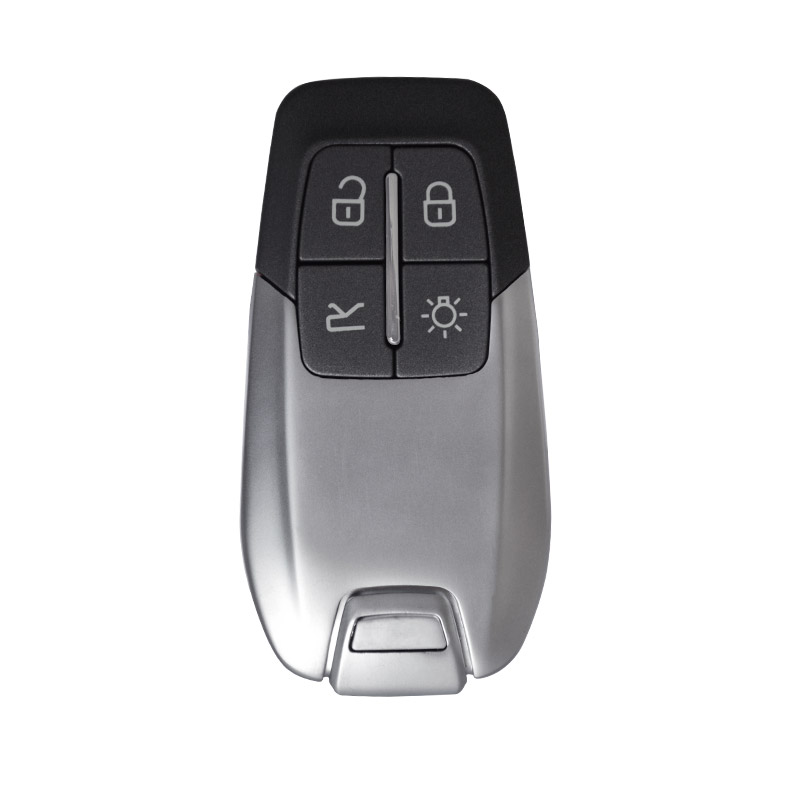Remote keyless entry systems (RKES) are becoming increasingly popular in vehicles and buildings as they offer a convenient and secure way to access them. However, as with any technology, there is always a risk of hacking. This article explores whether a remote keyless entry system can be hacked and how to prevent such an attack.

Firstly, it is important to understand how remote keyless entry systems work. They use radio frequency (RF) communication between the key fob and the receiver to unlock or lock the doors. The receiver in the car or building sends a challenge to the key fob, which then responds with a unique encrypted response. If the response is correct, the receiver unlocks the door. This process is known as a rolling code system because the code used to unlock the door changes each time the system is used.
Unfortunately, remote keyless entry systems are not entirely immune to hacking. The most common type of attack is a relay attack, where the signal between the key fob and the receiver is intercepted and relayed to a third party who then uses it to unlock the door. This type of attack is made possible by the fact that the RF signal used in remote keyless entry systems can be intercepted and amplified by a relay device.
Another type of attack is a jamming attack, where an attacker interferes with the RF signal to prevent the key fob from communicating with the receiver. This type of attack is less common but can still be effective in preventing the key fob from locking or unlocking the doors.
So, can remote keyless entry systems be hacked? The answer is yes, but there are several ways to prevent such attacks. One way is to use a system that employs more advanced encryption techniques, such as an AES (Advanced Encryption Standard) key fob. These systems are more secure as they use stronger encryption methods that are more difficult to crack.
Another way to prevent hacking is to use a key fob that utilizes a multi-factor authentication process. This process requires the user to enter a password or perform a biometric scan, such as a fingerprint or facial recognition, before the key fob will unlock the door. This adds an extra layer of security to the system and makes it more difficult for hackers to gain access.
In conclusion, while remote keyless entry systems can be vulnerable to hacking, there are ways to prevent such attacks. By using more advanced encryption techniques and multi-factor authentication processes, the risk of hacking can be greatly reduced, making remote keyless entry systems a safe and convenient way to access vehicles and buildings.

 Englishen
Englishen











 No.991 Xingxiu Road,Taiwanese Investment Zone, Quanzhou, Fujian Province,P.R.China
No.991 Xingxiu Road,Taiwanese Investment Zone, Quanzhou, Fujian Province,P.R.China +86 13960286508
+86 13960286508
 3D Reality Showroom
3D Reality Showroom
